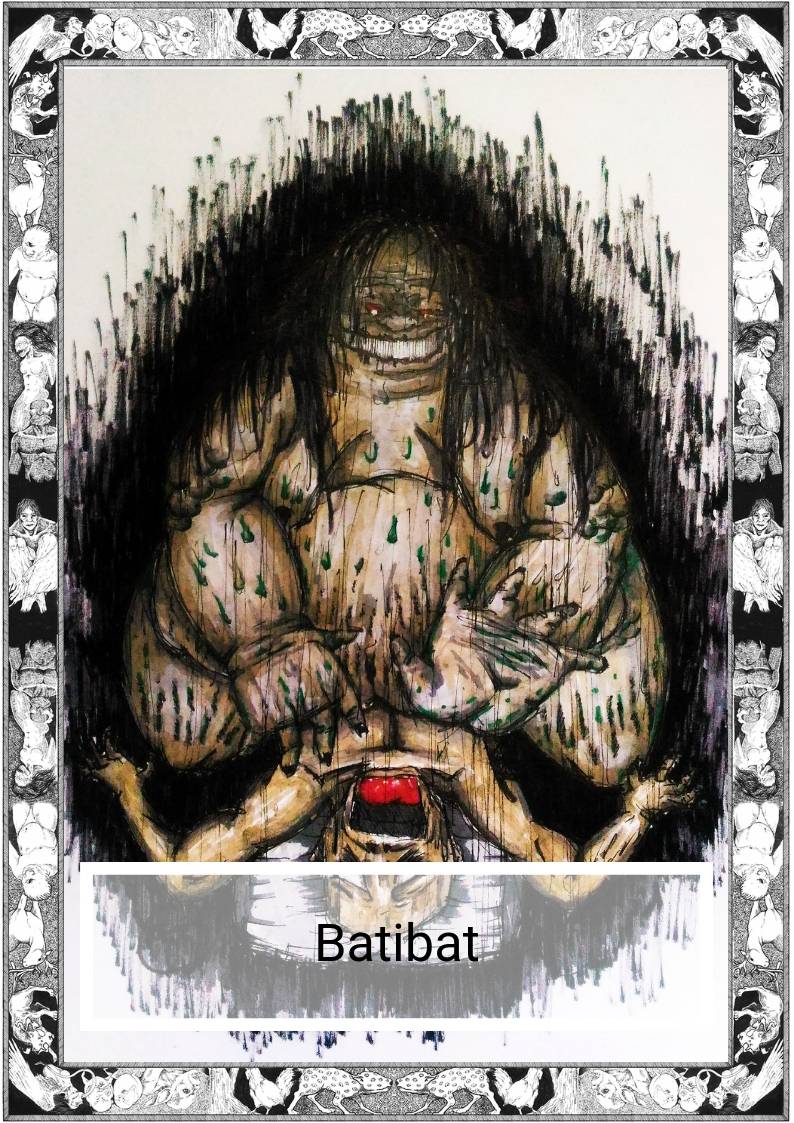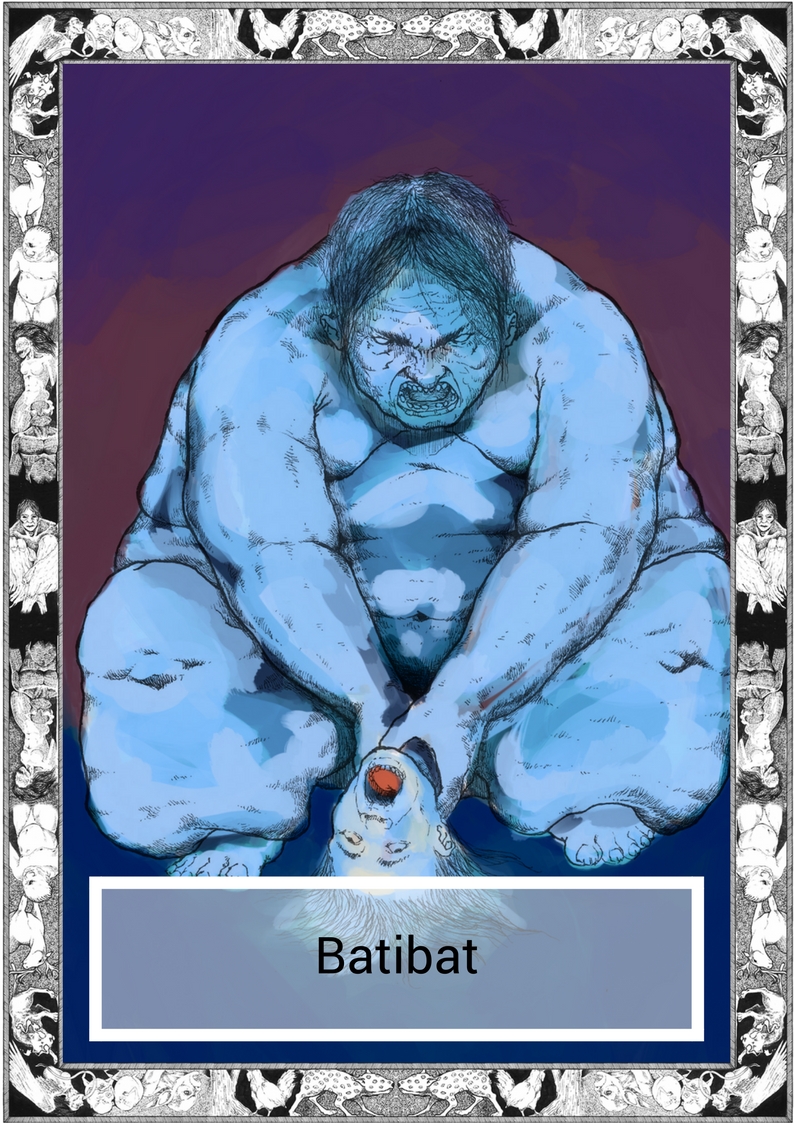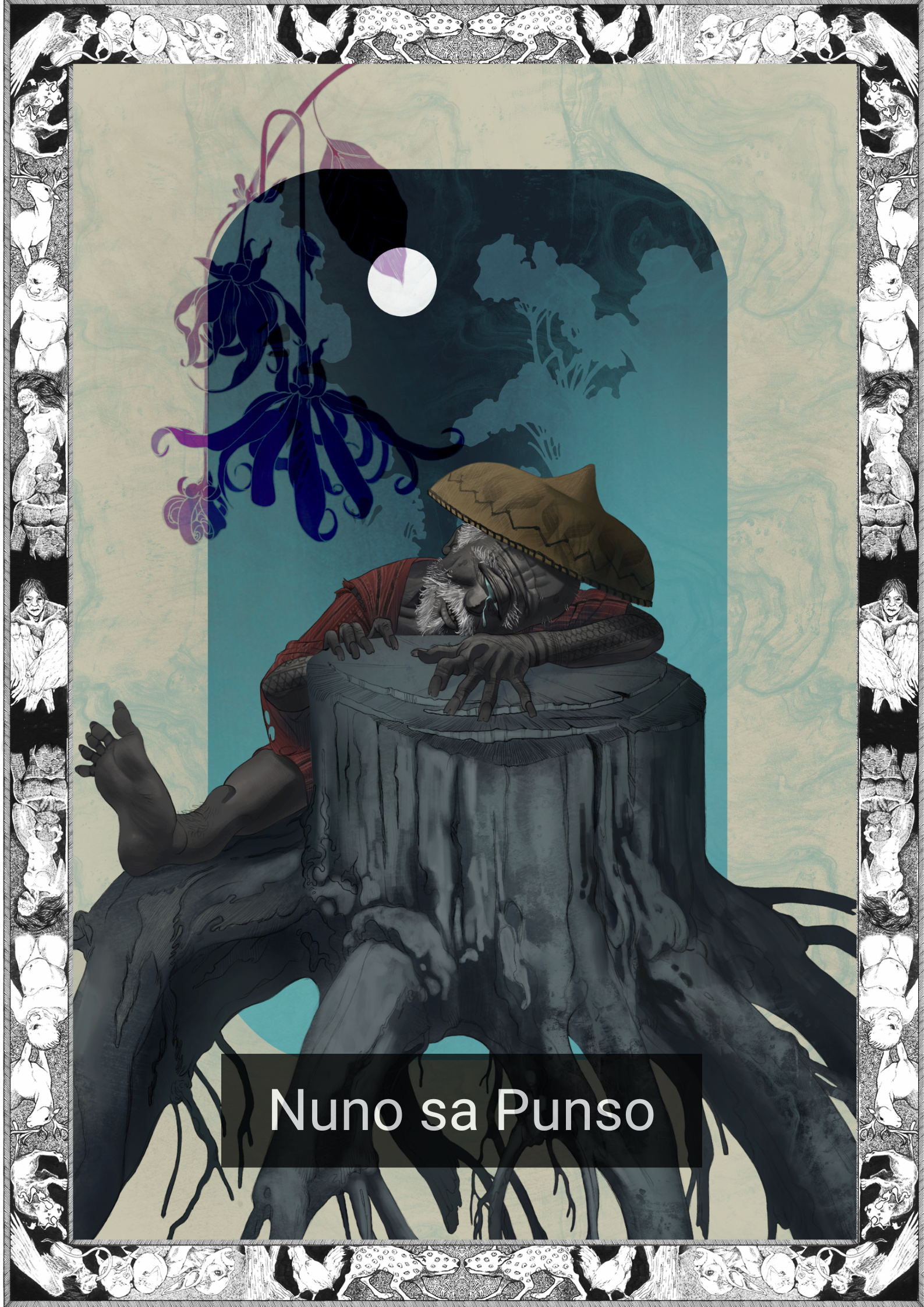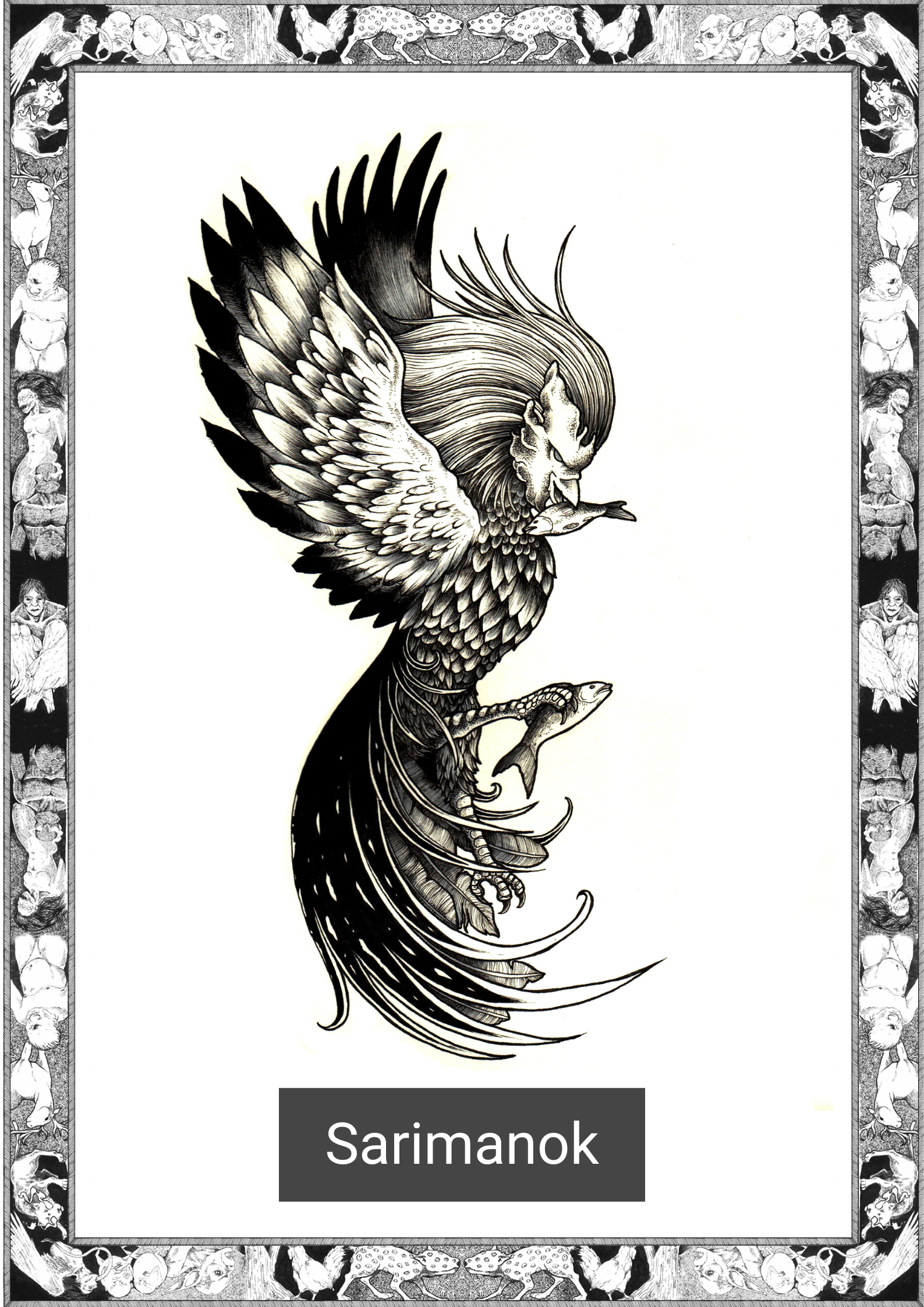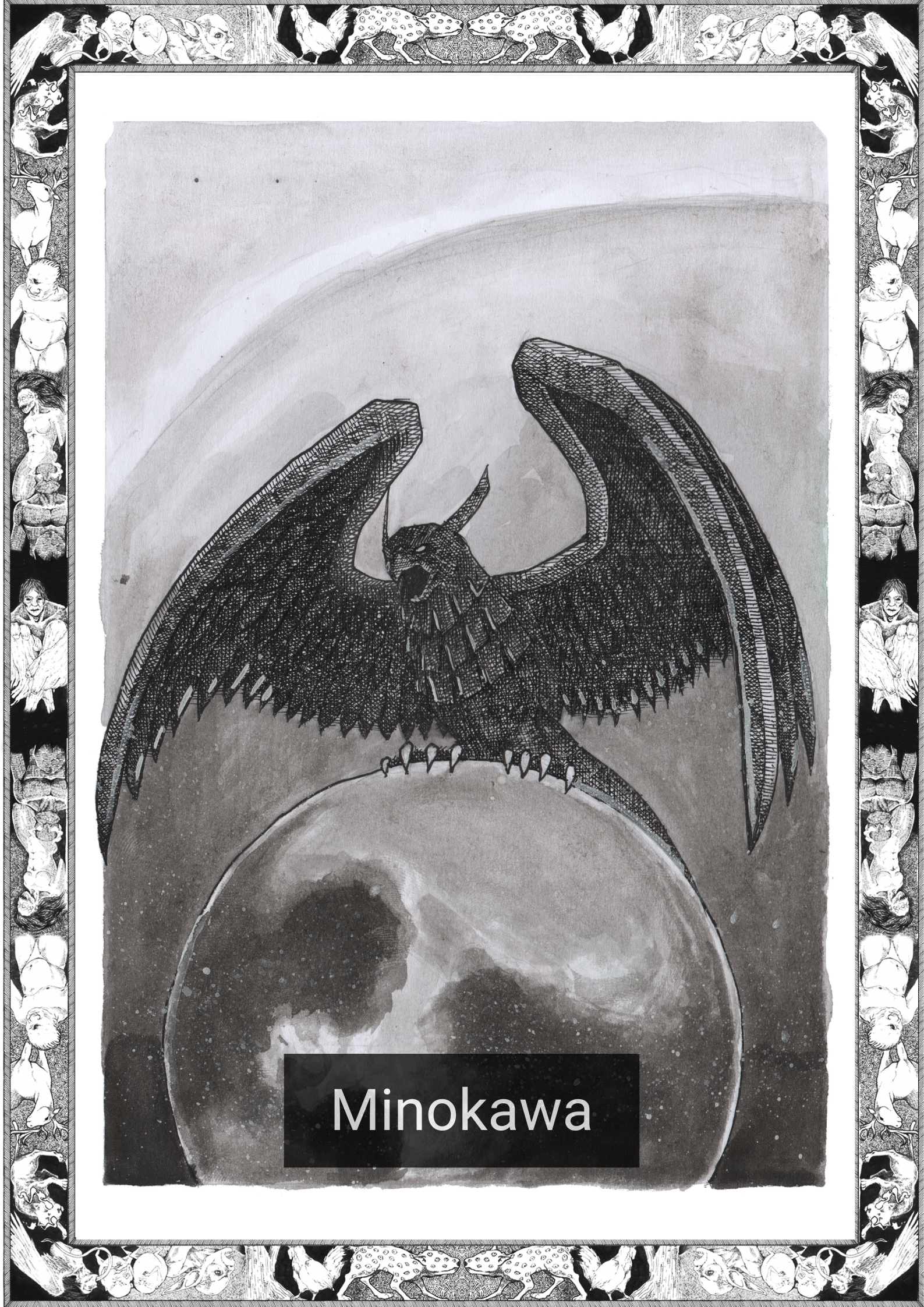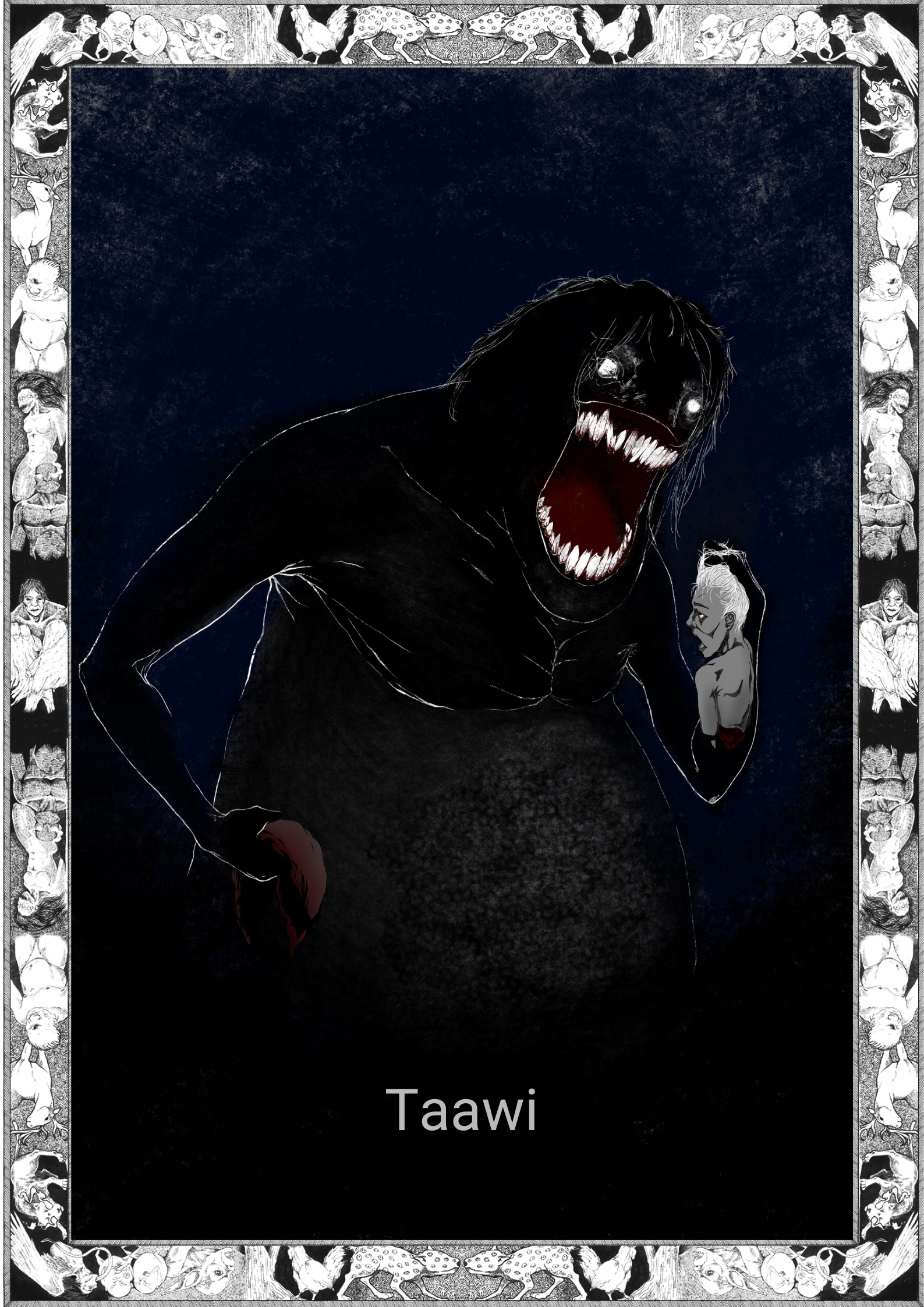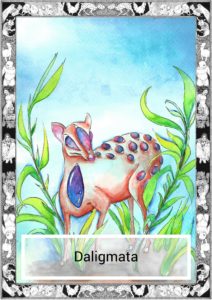
*Note this story is in Cebuano
Naa na pud ang damgo.
Ang syudad kay talimatyon. Gikan lang ko makaeskapo sa unsa unta akong balay ug magsiyagit ko’s mga ngan’s akong kapamilya. Wa ko kahibaw kon buhi pa ba sila. Mutan-aw ko’s akong kamot ug mabantayan nako nga unsa kangil-ad sila nga nagdugo sa pagkawt nako pagawas sa yuta.
Gawas sa akong palibot, madungog nako ang mga ubang tawo maninggit para tabang, basi’g mga amigo o mga silingan na nako. Wala ko’y paki. Bisi ra kaayo ko mangita sa akong pamilya.
Musugod dayon ang yuta’g uyog ug ang tanan ra nakong madungog ang mga taw manyabaw. Ang mga posti nga naa sa among purok manghulog tagsa-tagsa, manghampak sa tinumpag sa mga balay.
Mahulog ko sa sawog ug ang akong singgit muapil sa kuros.
Unya mumata ko, pero ang damgo dili pa mahuman. Duna ko’s akong higdaanan, maggunit sa akong habol ug gitan-aw ko. Naa’y linalang sa tiilan nako. Ang iyang lawas gitabonan sa unsa’y makita nakong mga mata ug magtan-aw siya sa ako gamit tanan.
Taga-abot gani sa damgo, magpabilin ni siya kadiyot, magtutok sa ako hangtod makamata ko nga mura’g wala la’y nahitabo.
Pero karon lahi.
Wa gihapon ko nakamata.
=—————————–=
English Version
I had the dream again.
The city was dying. I had just managed to break loose from what used to be my house and I was screaming the names of my family members. I didn’t know if they were alive. I looked at my hands and I saw how badly they were bloodied from digging myself out of the ground.
All around me I could hear other people shouting for help, they may have been my friends or my neighbors. I didn’t care, I was too busy looking for my family.
Then the ground started to shake and all I could hear were people screaming. The posts around my street were falling one by one and smashing into the rubble of the houses.
I fall to the ground and my scream joins the chorus.
Then I wake up, but the dream isn’t over. I’m in my bed, holding my blanket and I’m being watched. There’s a thing at my feet. Its body was covered with what I guessed were eyes and it was staring at me with all of them.
Every time I had the dream it would stay for a while, staring at me and I would wake up like nothing ever happened.
This time it’s different.
I still haven’t woken up.
=———————-=
*The Cebuano language, alternatively called Cebuan and also often colloquially albeit informally referred to by most of its speakers simply as Bisaya (“Visayan”, not to be confused with other Visayan languages nor Brunei Bisaya language), is an Austronesian regional language spoken in the Philippines by about 21 million people, mostly in Central Visayas, western parts of Eastern Visayas and most parts of Mindanao, most of whom belong to various Visayan ethnolingusitic groups, mainly the Cebuanos. It is the by far the most widely spoken of the Visayan languages, which are in turn part of wider the Philippine languages. The reference to the language as Bisaya is not encouraged anymore by linguists due to the many languages within the Visayan language group that may be confused with the term.
Written by Karl Gaverza
Cebuano Translation by Jan Alexander Arcenal
Copyright © Karl Gaverza
Translation Copyright © Jan Alexander Arcenal
Written by Karl Gaverza
Copyright © Karl Gaverza
Story inspired by Daligmata descriptions in Songs and Gifts at the Frontier : Person and Exchange in the Agusan Manobo Possession Ritual. Buenconsejo. 2002. & 101 Kagila-gilalas na Nilalang. Samar. 2015.
Watercolor by Tara Singson
IG: https://www.instagram.com/

